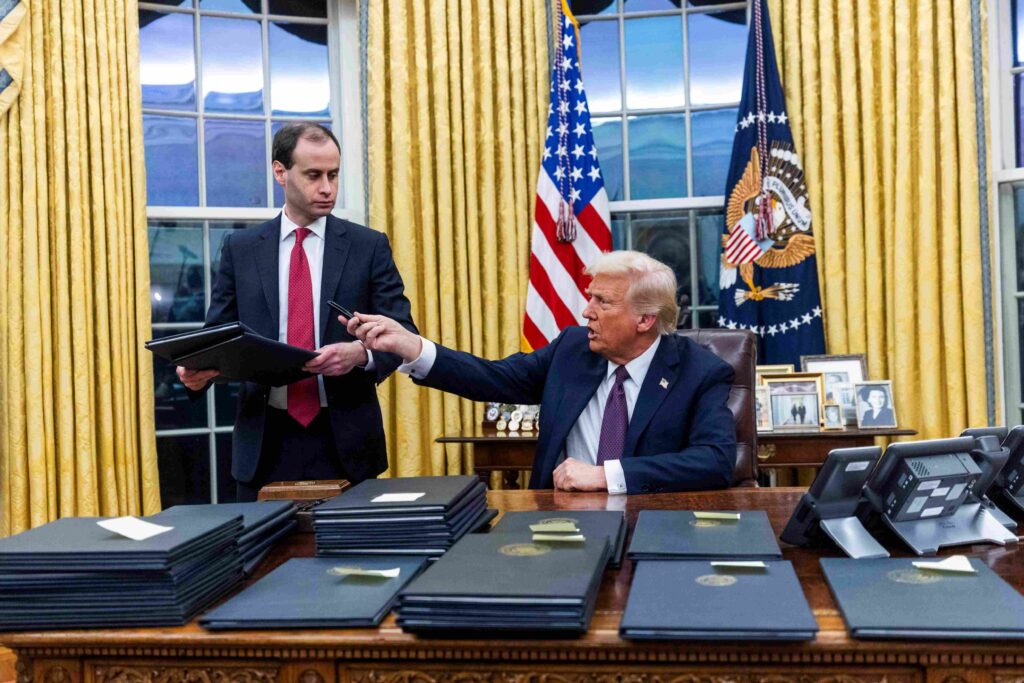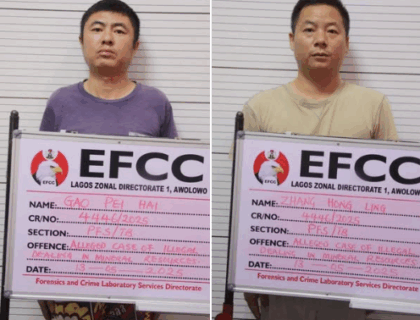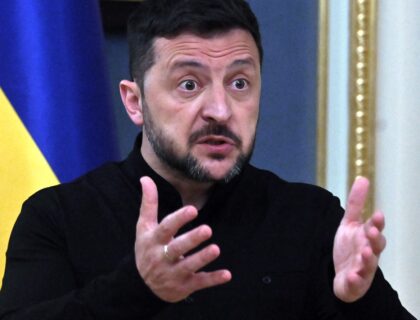WHO Reacts to Trump Cutting HIV Funding: “This Could Result in Significant Setbacks to Progress”
The World Health Organization (WHO) has raised concerns over the sudden suspension of funding for HIV programs in low- and middle-income countries, including Nigeria.
This funding, primarily through the United States’ President’s Emergency Plan for AIDS Relief (PEPFAR), provides life-saving HIV treatment to over 30 million people worldwide.
WHO warns that this pause in funding will severely disrupt HIV programs, putting access to antiretroviral treatment (ART) at risk for millions. The organization has called on the US government to grant additional exemptions to ensure the continuous provision of these critical treatments.
Currently, more than 1.9 million Nigerians rely on ART supported by PEPFAR initiatives.
WHO Director-General, Dr. Tedros Adhanom Ghebreyesus, expressed grave concern over the potential consequences of the funding freeze, warning that it could lead to a significant rise in illness and deaths among people living with HIV.
He emphasized that prolonged disruptions could undo decades of progress in the fight against HIV, potentially sending the world back to the 1980s and 1990s, when millions, including many in the United States, died annually from the disease.
The WHO statement highlighted the broader risks associated with the funding cut, stressing the threat to scientific advancements, public health partnerships, and the importance of innovative diagnostics, affordable medicines, and community-driven HIV care models that have been pivotal in the global progress against HIV.
PEPFAR, established in 2003, is the world’s largest health initiative dedicated to a single disease. Over the past two decades, it has saved more than 26 million lives and played a vital role in combating HIV/AIDS globally.
In Nigeria, PEPFAR has invested over $7.8 billion to expand access to treatment, enhance healthcare systems, and reduce HIV prevalence. The number of ART sites in the country has grown from 25 in 2001 to over 1,000 today, contributing to a reduction in the HIV infection rate from 5.1% in 2003 to 1.4% in 2018.
PEPFAR’s goal is to eliminate HIV/AIDS as a public health issue by 2030 and to help countries like Nigeria meet the “95-95-95” targets, which focus on diagnosing, treating, and maintaining treatment for people living with HIV.
WHO has warned that a sudden and prolonged funding halt undermines these efforts, putting millions of lives at risk. The organization has reiterated its commitment to supporting national governments and global partners in managing this crisis effectively.
You may be interested

FCT Police Spokesperson SP Josephine Adeh Honoured with Best Police PRO Award at 2025 Nigerian Police Awards
gisthub - Jun 05, 2025Superintendent of Police Josephine Adeh, the FCT Police Command’s Public Relations Officer, has clinched the prestigious title of Public Relations Officer of the…

Woman Whose Lip Was Severed by Ex-Boyfriend Shares Recovery Seven Years Later
gisthub - Jun 05, 2025Kayla Hayes’ story is a powerful example of resilience in the face of unimaginable violence. In 2017, at just 17, she was brutally…

Pornhub Ban Spreads Across Europe Over Under-18 Access Dispute
gisthub - Jun 05, 2025Pornhub’s bold exit from France is a striking clash between digital privacy and regulatory zeal—a flashpoint in the ongoing war to shield minors…














Leave a Comment